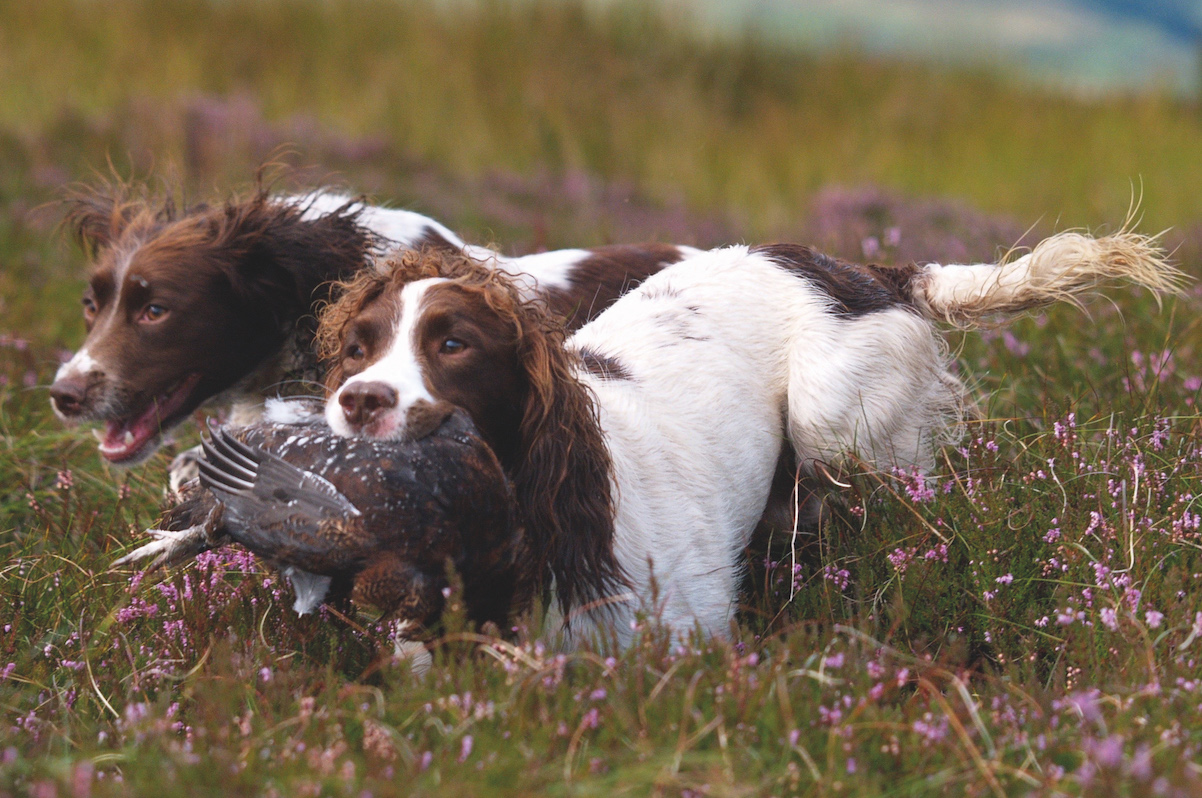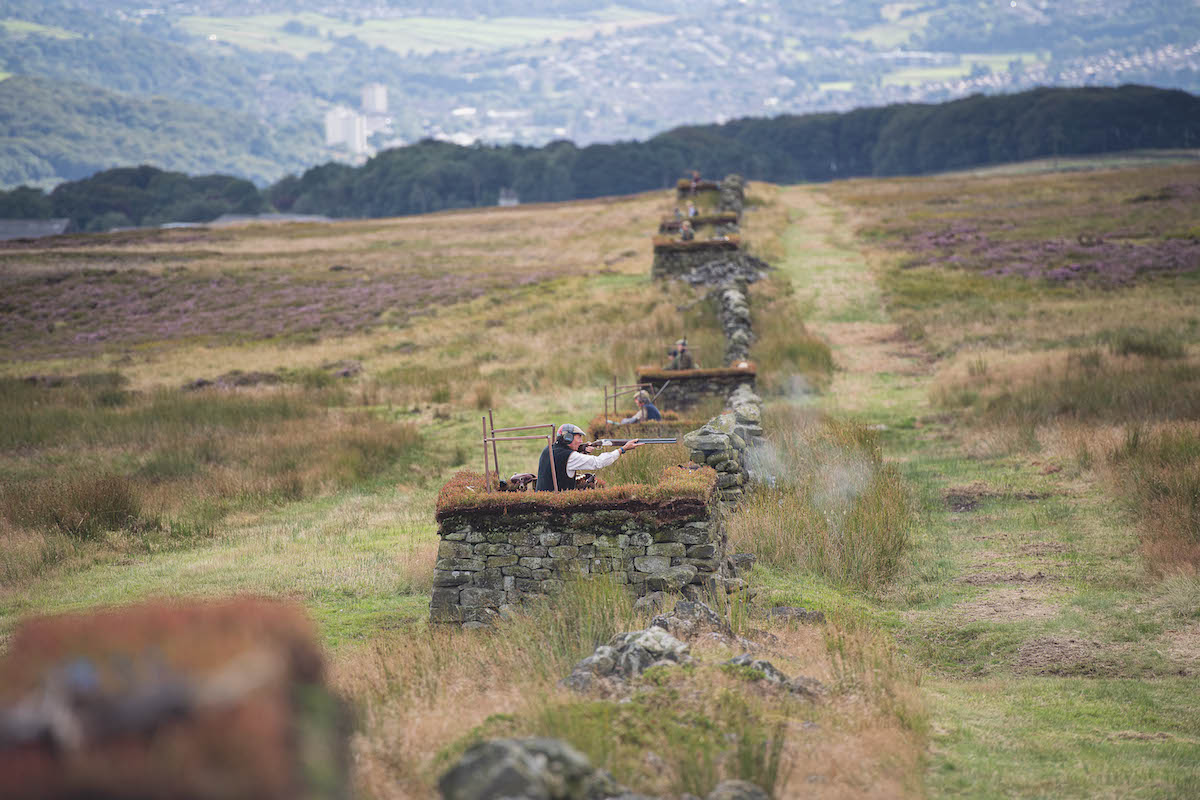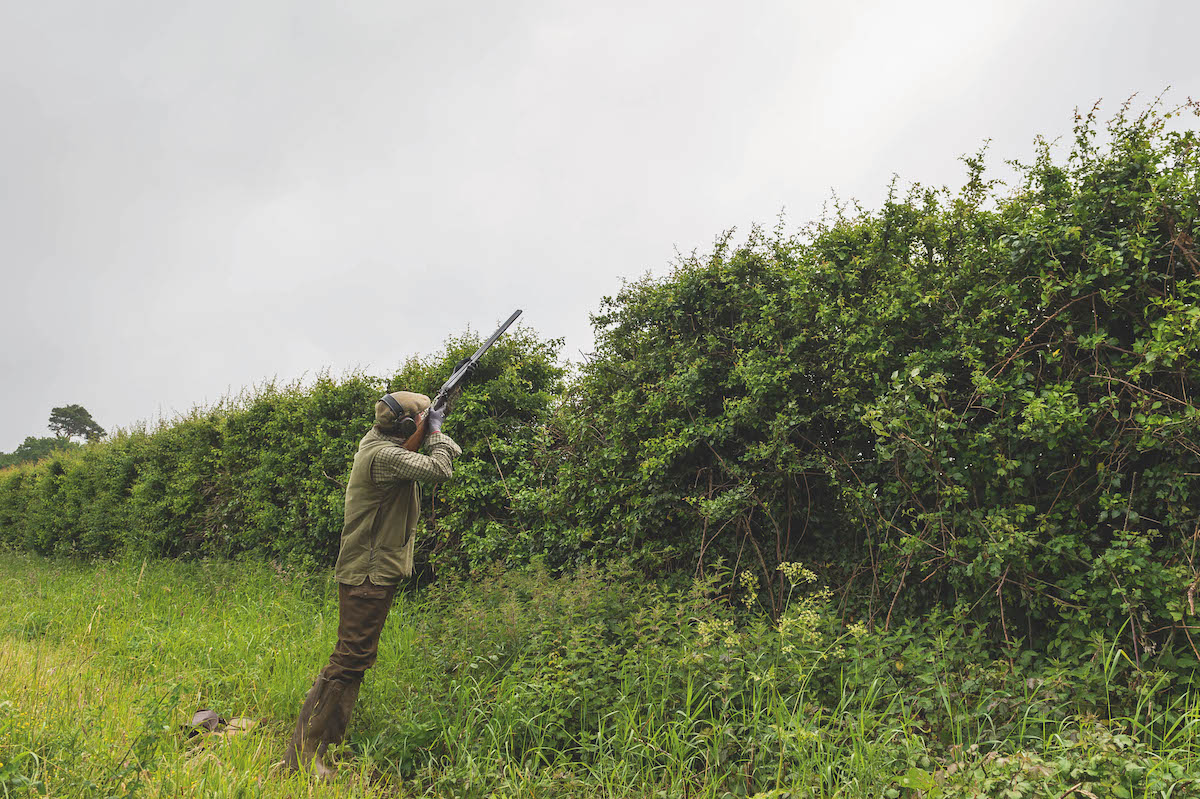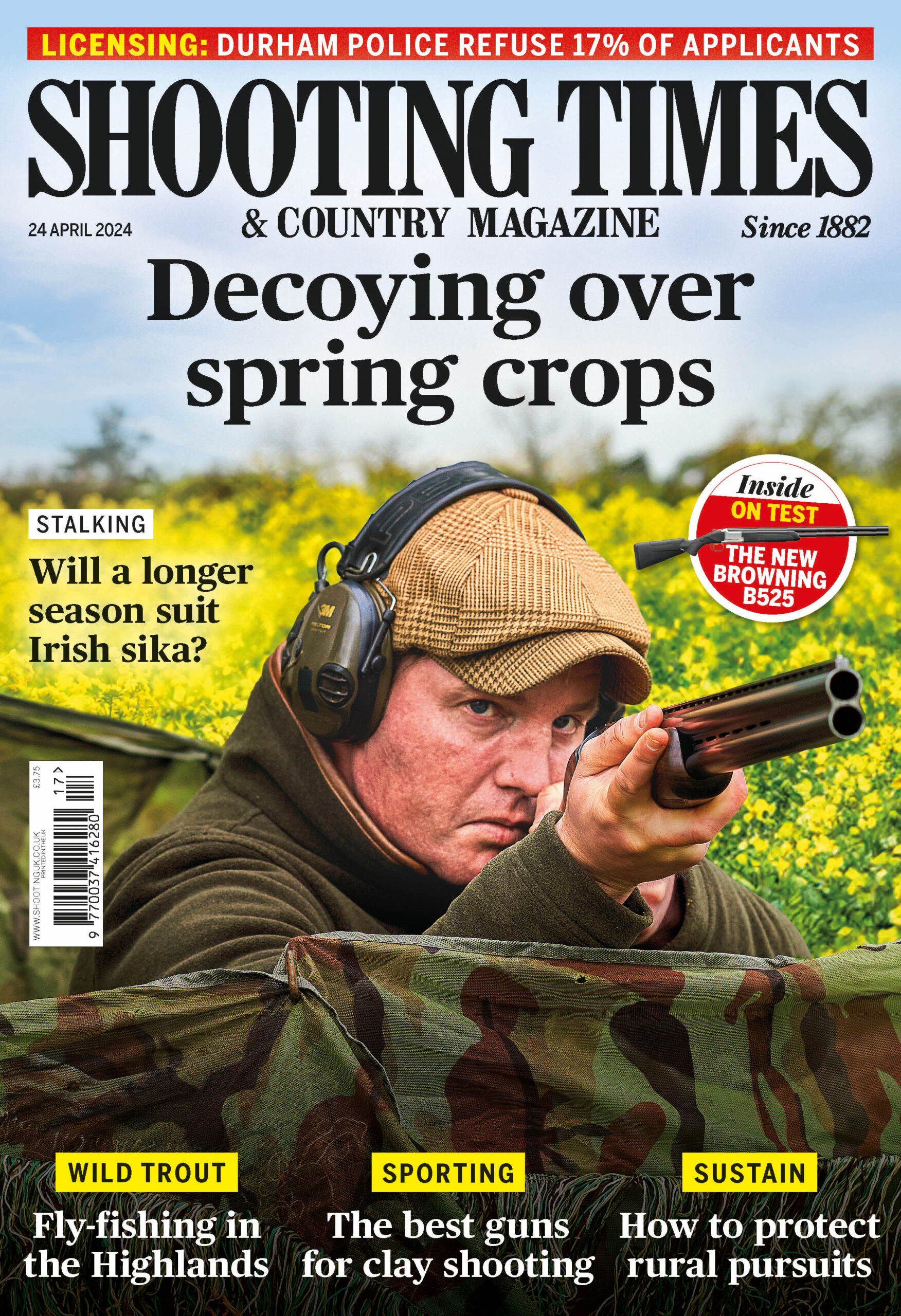Gamekeepers’ conservation evidence is valid
When the "conservation" community dismisses the evidence of those with direct experience of the natural world, it is, effectively masking the truth, writes Lindsay Waddell, chairman of the National Gamekeepers' Organisation
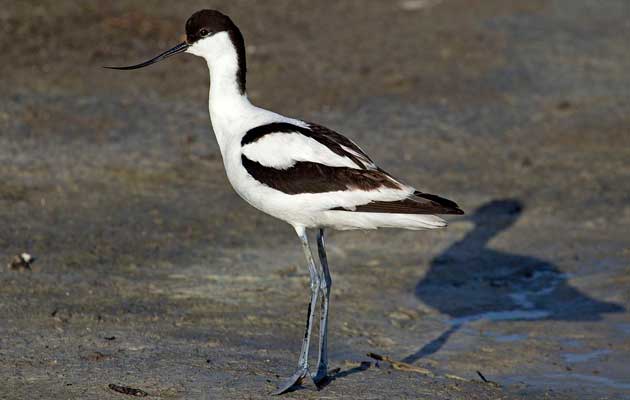
As I watch our waders day in, day out, it struck me as rather odd that the RSPB’s former director of conservation Mark Avery has decided that driven grouse shooting is bad and he is going to try to get rid of it. I say “odd” because as a recent employee of an organisation set up to protect birds, he now seems to want to get rid of the very management that sustains the last stronghold of these birds in the UK.
It would be nothing short of bird genocide if that management ceased, but then, we are only gamekeepers who live with these birds every day — what do we know? That seems to be the opinion of many in the conservation world; unless you have a doctorate or similar, your knowledge counts for little, even 50 years’ worth of it. There will have been thousands of gamekeepers, river keepers, gardeners and the like, whose knowledge of the animals they encountered on a daily basis would have staggered some academics, if they had cared to listen or to believe us. It is the fact that all too often we are not believed that rankles most with many.
The phrase used to describe — and dismiss — such knowledge in scientific papers is “anecdotal evidence”. In other words, it cannot be relied upon because it was not observed by the author of the paper. But there is no reason why we would lie about what we see; we have no ulterior motive, unlike many in the media who have a furrow to plough, and in so doing misinform a public that never gets to see these things for itself.
The BBC’s Springwatch programme showed a badger feasting on avocet chicks on 9 June. Of course, it was a “rogue” animal, just like most others of its kind; they must all be rogues if the chance presents itself, from what I have seen. Why can’t the programme makers tell the truth? Is it because so much rubbish has been peddled over the years that it is now hard to be truthful?
Badgers, buzzards and corvids have been given such benign, cuddly publicity by so many that it is now almost impossible to say, “these things are going to eat all our birds if we don’t do something”. The reality is that they are eating them in serious quantities, and no-one has the gumption to put a stop to it.
I should not really get too despondent about it all. The evening sun, when set upon the fields of buttercups and king cups (marsh marigolds in this part of England) is almost golden. The lapwing are calling, and my local pair of curlew are standing sentry on the drystone wall keeping an eye on their growing chicks. If they are lucky, Dr Avery will fail, and they may get many more chances to rear the next generation of curlew. For all our sakes, I hope so.

